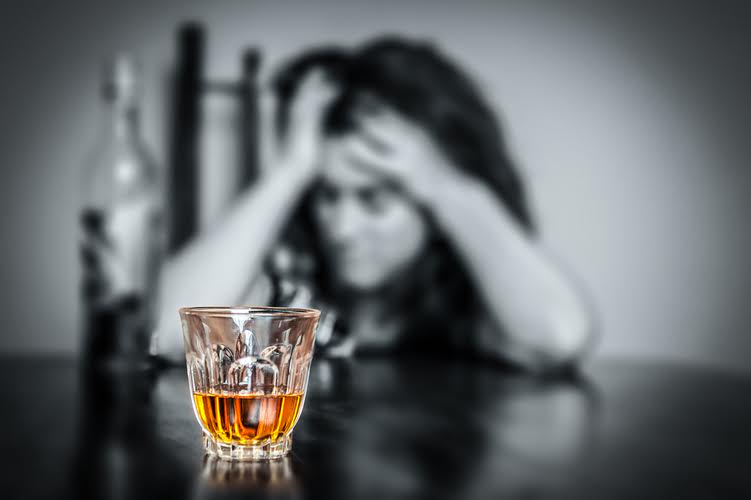In conclusion, storytelling plays a major role in addiction recovery by providing therapeutic benefits, and breaking down stigma. By sharing personal experiences, individuals can find healing and support, and also inspire others to seek help and believe in the possibility of recovery. Rehab centers, treatment programs, and beyond should use storytelling to promote healing and remove barriers to recovery. Sharing personal recovery stories has a great impact on people, creating an emotional connection and grabbing attention. It can change thoughts about addiction, alter behaviours related to substance abuse, and motivate people to seek help. Not to mention, storytelling is a great advertising tool for rehab centres and treatment programs.
- Listening to others in recovery can inspire you to share your most profound shame and regret.
- This can help others to feel less alone in their experience.
- You are entering a supportive community with individuals here to help you.
- Talk to your therapist or counselor first to help ensure that you’re emotionally stable to open up about your struggle with addiction.
Prior to his current role as Chief Community Recovery Officer, Randal served eight years as Assistant Commissioner with the Tennessee Department of Children’s Services. In 2008, he was recognized by the Praed Foundation as a national “Systems Champion” for implementing a statewide children’s assessment for DCS. He also received the Friend of Children Lifetime Achievement Award https://ecosoberhouse.com/article/alcohol-detox-side-effects-what-bad-can-happen/ in 2010 from Tennessee Voices for Children after seven years on their board. Randal Lea, our Chief Community Recovery Officer is a licensed addictions counselor with 30 years of clinical and administrative experience. Sharing in any form can be very healing and satisfying to the soul. If there are any concerns about content we have published, please reach out to us at
Connection Helps Us All On Our Recovery Journey
Using storytelling as a marketing tool allows rehab centers to create connections with their target audience. Relatable experiences let those in rehab or who need treatment to connect on an emotional level. Sharing stories also creates support in recovery communities and among those starting their journey to sobriety. The power of storytelling lies in its ability to entertain, teach lessons, reinforce recovery and remind people that they are not alone in their struggles. Sharing personal stories has the power to evoke an emotional connection, and even alter the attitudes, behaviors, and actions of readers. Not only can rehab centers and treatment programs use storytelling as a marketing tool, but it can also be beneficial on an individual level.

The more specific you are, the more relatable your story will be. This could include the name of the drugs you were using, the behaviors you were engaging in, and the consequences you faced. If you were to skim over these details, it could rob someone of the opportunity to see themselves in your story and realize that recovery is possible for them. Everyone’s needs differ – some may prefer big groups, others may prefer closer ties.
The Key Components of a Quality Recovery Story
Personal stories have the power to transform attitudes, shape behaviors, and ignite meaningful actions in addiction recovery. By sharing their stories, individuals contribute to the larger narrative of addiction recovery, offering sharing your story in recovery hope, support, and encouragement. They draw attention to addiction’s challenges and recovery’s triumphs. Unfortunately, there’s still a lot of stigma surrounding addiction being a choice or something that happens to weak people.

In addiction recovery, support groups and sponsorship are key. Support groups provide a sanctuary for people to share struggles, challenges, and triumphs with others who are familiar with similar issues. Sponsorship is when an individual has a guide or mentor for the recovery journey.
How to Write and Share Your Story
This reduces stigma surrounding addiction and mental health. Telling your story is a powerful resource in your recovery, not only for others but also for yourself. Your experience holds so much power, and it deserves to be heard. Your story can help break the stigma against mental illness and substance abuse, helping to educate others against the prejudice they so often hold against those struggling. Your story can also help others by affirming that recovery is possible and proving that even the most difficult obstacles can be overcome. You can inspire others that are in early recovery to make it through and realize their strength.
Sharing your story with others makes your recovery more real. But before you lay out all the details to people, prepare them for the conversation. Stay calm and educate them about the truth and realities of addiction — it will help them get through the initial rush of emotion.